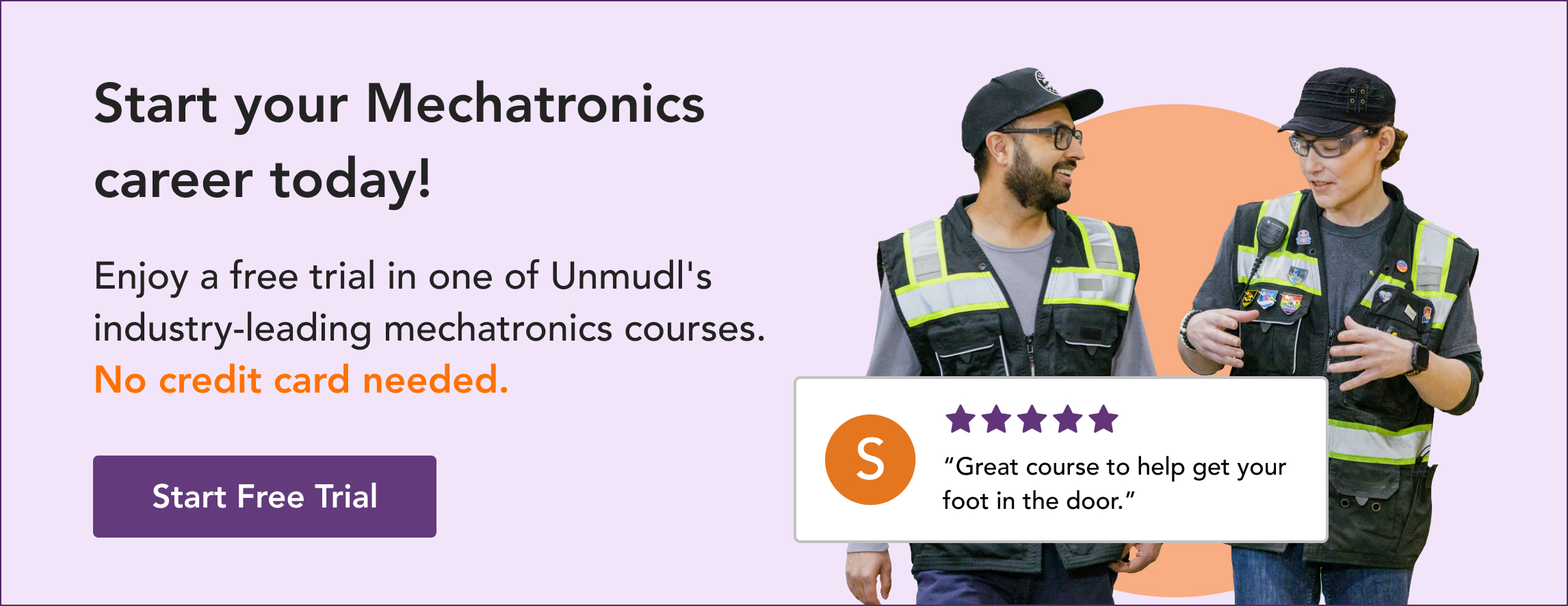Understanding Why Gaps Happen
Resume gaps can arise for various reasons––some planned, others unexpected. But there’s always the possibility of turning many of these situations into strengths.
1. Personal Development
Taking time off for personal development is common and can greatly help your professional life.
Whether you pursued a passion, traveled, or simply took time to reassess your career objectives, all of these experiences can be explained as enriching your personal and professional identity.
Employers are now increasingly looking for new hires with positive attitudes, who are flexible and adaptive––qualities you can display through non-professional activities too.
Here’s a hypothetical example.
Imagine you spent three months traveling through Asia. This experience likely enhanced your adaptability, cross-cultural communication skills, and perhaps even language proficiency.
It gives you the chance to highlight how these skills can be advantageous in diverse and dynamic work environments.
.webp)
2. Continuing Education
Putting in the effort to stay updated with the latest trends and technologies is appreciated in most industries.
A 2023 NACE survey found that traditional “one-and-done” degrees are no longer enough.
Continuing education––whether through formal degrees, online courses, or professional workshops––demonstrates your commitment to enhancing your expertise and staying relevant in your field.
It can show that you remain proactive about moving your professional life forward even during long periods of unemployment.
Discuss with employers how the courses you took equipped you with new knowledge or technical skills to become a more capable, industry professional.
According to Peter Yang, CEO of ResumeGo, “Among applicants who provided a reason for their work gap, those who said they received additional training or education ended up with the highest callback rate”.
For those looking to follow a similar path, Unmudl offers a variety of courses aligned with current industry demands. These are specifically designed to boost employability and connect you with industry-leading employers.
3. Freelancing or Consulting
Freelancing or consulting are excellent ways to fill employment gaps while building valuable industry experience. These roles can demonstrate your initiative, versatility, and the continuous development of your professional skills.
Whatever the reason behind your career break, try to take on a project or two during the period, circumstances permitting. Even a light amount of work will show your dedication and professionalism.
When presenting freelance work, check in with your clients to see if they are comfortable with you listing their name, project, or company.
.webp)
4. Volunteering
We often think of volunteering as a purely altruistic activity, but it can also be a healthy way of developing and demonstrating new skills.
A study from the most cited journal in its field, Frontiers in Psychology, summarized that research across years has “confirmed that volunteering has a positive impact on employability and the development of employability skills among all age groups and professional categories”.
Volunteering in a capacity related to your field displays your skills and continued professional activity. Other volunteer work still fills resume gaps while showing your commitment to the community.
If you volunteered as a project coordinator for a local non-profit, for instance, discuss how you led a team, managed budgets, and met project deadlines. This can add value and support applications for project management roles.
Identify which skills you learned or developed that are transferable to your desired role.
5. Health-Related Breaks
Taking time off for health reasons is increasingly understood in today's workplace. It's important to focus on the positive aspects of your break, such as recovery and your renewed perspective on work.
A 2023 CNBC article noted that, overall, more people were taking ‘health and well-being’ breaks, and disclosing them to employers.
You don't need to provide detailed medical information, but you can mention how the break allowed you to recover fully and why you are now ready to contribute effectively to a team.
Make sure to be transparent with any doubts prospective employers might have about your health-related break.
6. Caring for Family
Family care is a common reason for employment gaps, and many employers recognize the demanding nature of such responsibilities.
According to a study by Professor Joseph Fuller published by the Harvard Business School, 73% of all employees have some type of current caregiving responsibility. Despite common stereotypes, it’s not just mothers who are impacted by this. The same study found that “a greater percentage of men (38%) reported having left a job than women (27%)” due to caregiving responsibilities.
The organizational, emotional, and time-management skills developed during this time can be considered highly valuable in any professional setting.
It is critical, however, to articulate these well. A 2022 LinkedIn survey found that 51% of employers would be more likely to call a candidate back if they knew the context of why they took a career break.
For example, explain how caring for an elderly relative improved your ability to manage schedules, communicate empathetically, prioritize tasks, and operate under high pressure.
.webp)




.webp)


.webp)